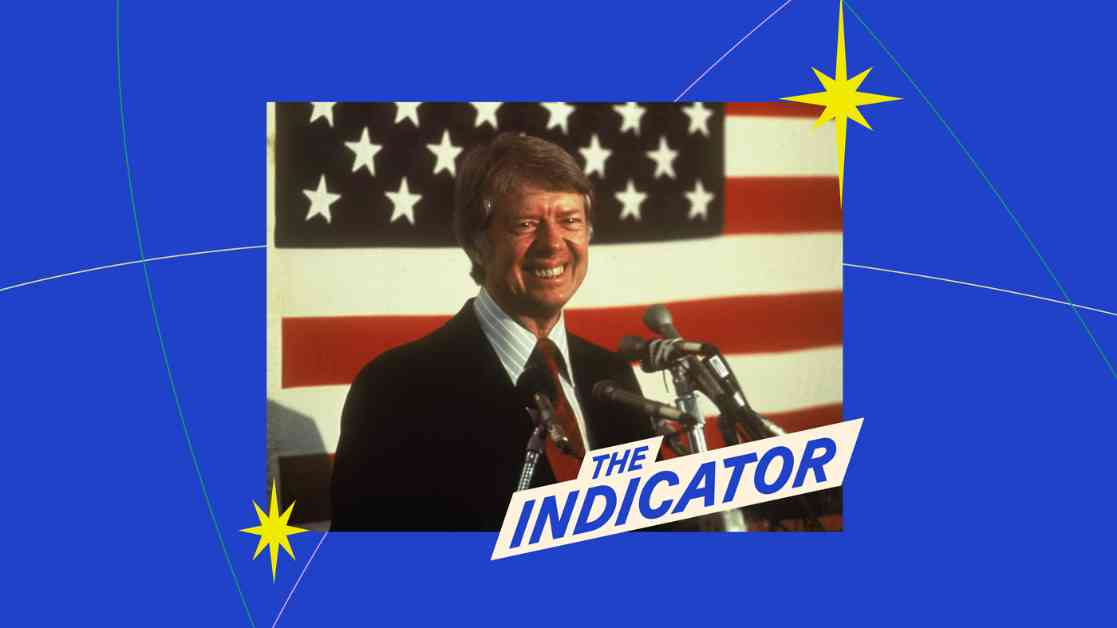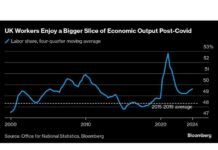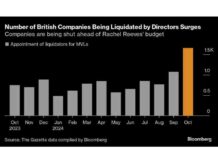**President Jimmy Carter’s Economic Legacy: Impact and Analysis**
President Jimmy Carter’s economic legacy remains a topic of discussion and analysis even decades after his time in office. As we delve into his impact on the economy, it is important to recognize the significant contributions he made during his presidency.
Empowering the Federal Reserve
One of President Carter’s notable accomplishments was empowering the Federal Reserve to take a more aggressive approach to tackling inflation. By appointing Paul Volcker as the Chairman of the Federal Reserve, Carter set the stage for a shift in monetary policy that would ultimately help combat the high inflation rates that plagued the economy.
Deregulation of Major Industries
Another key aspect of Carter’s economic legacy was his push for deregulation in major industries. By removing government restrictions and promoting competition, Carter aimed to stimulate innovation and efficiency in sectors such as transportation and telecommunications. This move paved the way for increased productivity and growth in these industries.
Push for Cost-Saving Energy Measures
President Carter was also known for his advocacy of cost-saving energy measures. In the wake of the 1970s energy crisis, Carter implemented policies aimed at promoting energy conservation and developing alternative sources of energy. His efforts laid the foundation for future initiatives focused on sustainability and environmental protection.
In conclusion, President Jimmy Carter’s economic legacy is characterized by his proactive approach to addressing key economic challenges of his time. From empowering the Federal Reserve to promoting deregulation and energy conservation, Carter’s policies have had a lasting impact on the economy. As we reflect on his legacy, it is clear that his contributions continue to shape economic discussions and policymaking today.






















